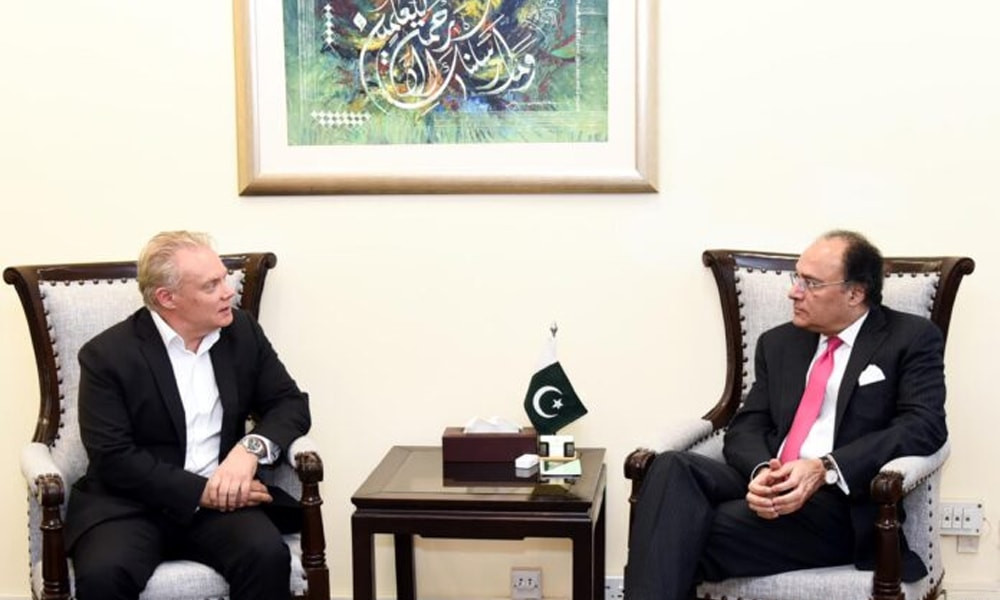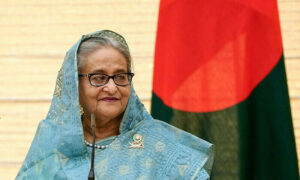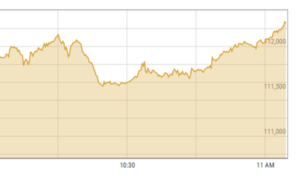Finance Minister Muhammad Aurangzeb reaffirmed the federal government’s dedication on Tuesday to creating a favourable investment environment for foreign investors as Pakistan grapples with external financial pressures and a growing security threat.
This commitment comes as the country seeks approval for a $7 billion IMF bailout and battles escalating militancy. On Tuesday, Aurangzeb met with Antti Partanen, a representative from FinnFund, a Finnish development financier, in Islamabad.
The meeting centred on identifying potential investment opportunities in Pakistan, with the finance minister underscoring the government’s focus on transitioning the country to an export-driven economy and increasing Foreign Direct Investment (FDI) to boost exports.
According to Radio Pakistan, Partanen provided an overview of FinnFund’s profile and its investment interests in Pakistan, particularly in digital infrastructure, renewable energy, agriculture, and forestry.
He noted that Pakistan’s youthful population presents a promising opportunity for investment and expressed FinnFund’s willingness to explore various sectors within the country.
In recent weeks, Aurangzeb has engaged in numerous meetings with leaders of foreign banks and companies to attract more investment.
Just last week, he held discussions with top officials from Dubai Islamic Bank and Mashreq Bank to assess Pakistan’s economic outlook and explore potential investment opportunities.
Last month, Aurangzeb emphasised that Pakistan would address its external financing needs by engaging with foreign governments and lenders to attract investment and secure loan rollovers.
The government is also aiming to shift towards more sustainable forms of external financing, such as direct investment and climate-related funding.
Pakistan is currently in discussions with Saudi Arabia, the United Arab Emirates, and China to fulfil its gross financing requirements under the IMF program. In July, following a visit to China to seek debt restructuring for the energy sector, Aurangzeb highlighted the importance of these talks.
Historically, Pakistan has relied on loan rollovers or disbursements from long-time allies, along with IMF financing, to meet its external financial obligations.
However, the stringent conditions set by the IMF, such as increased taxes on agricultural incomes and higher electricity prices, have raised concerns about the impact on Pakistan’s poor and middle-class citizens, who are already struggling with rising inflation and the prospect of heavier taxation.
Moreover, attracting foreign investors is becoming increasingly challenging as Pakistan’s security situation deteriorates.
Over the weekend, separatist militants carried out multiple coordinated attacks in Balochistan, resulting in over 53 deaths, including at least 19 soldiers and police officers.
Meanwhile, attacks by religiously motivated groups have also surged in recent months, further complicating the investment landscape.







